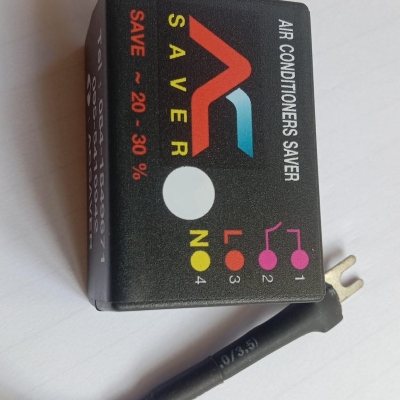🛑 Web3 Pi — A Truly Decentralized Internet Infrastructure
Today’s digital world is dominated by tech giants like Google, Amazon, Facebook, and Apple, where users have become mere “walking data points” in centralized systems.
Web3 emerged with the promise of liberating humanity from such control. Yet, many blockchains still rely on Web2 — hosting on AWS, lacking real decentralization.
👉 Pi stands out as a project building a true Web3 operating system — moving beyond speculation toward a truly decentralized global digital infrastructure.
🛑 Root-Level Decentralization with Community Nodes
No other Web3 network has as many community-run nodes as Pi Network.
💻 Hundreds of thousands of devices — from laptops to personal PCs — are running Pi Nodes across 230+ countries and territories.
No mining rigs. No billion-dollar data centers. No government-backed infrastructure.
🏠 The Pi network lives in homes, cafes, and small BTS stations — a resilient backup Internet if today’s centralized one ever collapses.
🌪 In war or disaster, these nodes could be humanity’s digital lifeline.
Pi’s blockchain isn’t for speculation — it’s for running a distributed digital society, where everyone participates, and no one controls it all.
🛑 KYC & KYB: Verifying Identity to Preserve Real Value
Web3 was once seen as an anonymous utopia. But uncontrolled anonymity led to money laundering, scams, and bot attacks.
Many blockchains fell to Sybil attacks before their ecosystems even matured.
🧠 Pi took a different route — implementing KYC for users and KYB for businesses.
✅ Not for control, but to build a responsible, trustworthy ecosystem.
KYC links each Pi wallet to a real person and a real life.
KYB ensures apps on the Pi ecosystem are legal, transparent, and verifiable.
🏛 This model positions Pi as a potential partner for governments and banks, not an outsider.
🔐 With zero-knowledge proof, Pi prevents Sybil attacks and manipulation while keeping identities private.
🛡 Identity here becomes a shield, not a shackle.
🛑 .Pi Domains — A Brand-New Internet Begins
🌐 It’s time the Internet isn’t just .com, .net, or .org — domains governed by ICANN.
The .pi domain is Pi’s first step to creating a truly sovereign web ecosystem.
In Pi’s ecosystem:
🌱 A website can be a smart contract — no Web2 hosting needed.
👤 A digital identity can link to a Pi wallet — no need for Google accounts.
🏢 A business can have a .pi address with built-in Pi wallet, transactions, KYC, and decentralized operations.
💥 This isn’t just a new web — it’s a reorganization of the Internet: horizontal, democratic, and censorship-resistant.
🛑 Not a Token, but Infrastructure
💱 Pi’s value doesn’t lie in its USDT conversion rate.
🧱 Its true worth is as infrastructure for a new economy.
While many crypto coins chase exchange listings and pump prices, Pi has quietly built a sustainable ecosystem.
Real dApps. Real users.
Developers earn Pi through real usage — no need for new token issuance.
Businesses pay in Pi to advertise, transact, and access system resources.
🔗 If Bitcoin is digital gold, then Pi could become the TCP/IP of Web3 — a protocol that powers a decentralized digital society, not just another speculative asset.
🌐 From Web1 (information sharing) to Web2 (platform-controlled interaction), we now stand at the promise of Web3.
But not every blockchain lives up to that promise.
✅ Only when you have:
🌍 Decentralized nodes
🛡 Responsible identity (KYC/KY
🔗 Sovereign domain space (.pi)
…can you truly build a new kind of Internet.
🌱 Pi is doing this — quietly, from the ground up, without flashy PR.
🤖 If Web3 has ever disappointed you, look again at Pi — a Web3 built not from hype, but from real infrastructure.
👨🔬 And only now do we realize — how extraordinary Dr. Nicolas' mind truly is.
Translation from: Fb: Cu Làng Cát















QUANG VINH MAI
মন্তব্য মুছুন
আপনি কি এই মন্তব্যটি মুছে ফেলার বিষয়ে নিশ্চিত?